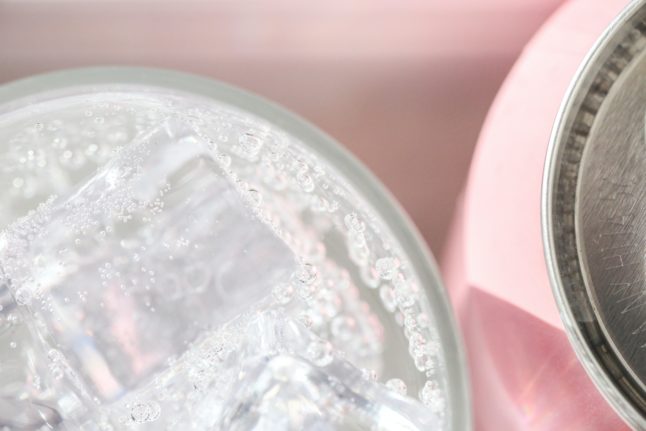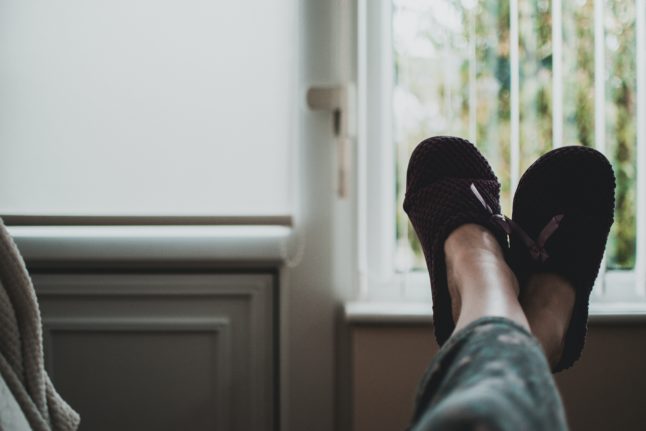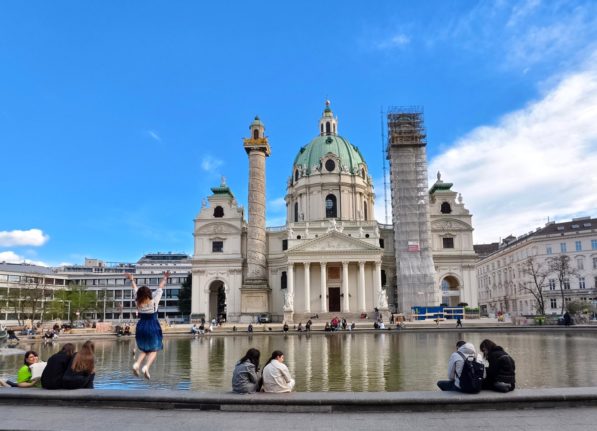Life in Austria can be similar to many other European countries, but there are some aspects that are distinctly Austrian.
Here are eight habits that show you’ve integrated into the Austrian way of life.
FOR MEMBERS: 23 essential articles to help you navigate life in Austria
Indulging in coffee and cake
Coffee and cake is almost as integral to the food culture in Austria as the Wiener Schnitzel.
So say goodbye to the diet, ignore any thoughts of guilt and get stuck into a slice of Sachertorte, Punschkrapfen or Linzer Torte.
Preferably with a delicious coffee on the side.
READ MORE: Caffeine, war and Freud: A history of Vienna’s iconic coffee houses
Participating in winter sports
Austria, especially the west of the country, is a winter sports enthusiasts dream.
The Alps offer an almost endless choice in ski resorts, gondolas and mountain huts, with winter sports options ranging from skiing and snowboarding to snowshoeing and Langlaufen (cross-country skiing).
Needless to say, if you live in the Alps, winter sports quickly become a central part of the lifestyle during the cold months. After all, it’s healthy, fun and even a bit dangerous (if that’s your thing).
It’s also a great way to explore the landscape of Austria and get a deeper understanding of the central role of winter sports in Austrian culture.
Downing tools for lunch
Lunch in some other countries (especially places like the UK) is often a sad sandwich while sitting at a desk.
In Austria however, lunch is an important part of the day and many people sit down at midday with their colleagues or families to enjoy a proper cooked meal.
This is a prime example of the healthy work-life balance that residents in Austria enjoy, and is a much-better habit to embrace than working through a lunch break.
Wearing house shoes
In most Austrian households, people do not wear outdoor shoes inside. Instead, they opt for house shoes, otherwise known as slippers in English or Schlapfen in some Austrian dialects.
Also, many Austrian homes do not have carpet on the floor, which means walking around with bare feet or just socks in the winter can get cold – fast.
So if you’ve invested in a pair of house shoes or, even better, you have a backup supply for guests, then you have fully embraced life in Austria.
READ ALSO: ‘I’ll probably return to the UK’: Moving to Austria as a Brit post-Brexit
Being punctual
Typically, Austrians are punctual people and don’t appreciate lateness.
For this reason, many international residents make an extra effort to be on time (or early), and it’s not uncommon to become stressed if you know you will be five minutes late.
As frustrating as this can be, it’s actually incredibly polite to be early for a meeting and not a bad habit to pick up.

Drinking sparkling water
People like to drink sparkling mineral water in Austria.
In fact, sparkling water is so popular that if you order a Mineralwasser (mineral water) in a cafe or restaurant, the sparkling variety is often served unless stilles Wasser (still water) is specified.
Want to be more Austrian? Then simply switch from still to sparkling water.
Stripping off
Countries in Central Europe are much more comfortable with nudity than other nations, and it’s no different in Austria.
The main place to expect an encounter with naked people in Austria is at the sauna. There are even some saunas that have a naked-only admission policy and won’t let people in if they are wearing swimming gear.
People also like to get naked at lakes – especially at the more remote or quieter locations – or at least go topless (for the women).
The reality is, no one bats an eyelid. So put your prudish instincts aside and don’t be afraid to strip off.
READ ALSO: What are the rules on working overtime in Austria?
Taking sick leave
Employees in Austria are entitled to six weeks of paid sick leave (the number of weeks increases the longer the worker has been employed in the same company).
This means workers are more likely to take sick leave if they are unwell, rather than dragging themselves into the workplace and infecting their colleagues.
The downside though is that Austria has strict rules when it comes to taking sick leave with explicit orders to stay at home. Workers can even expect to be monitored by private detectives to make sure they really are resting at home, as reported by The Local.
For international residents in Austria, this can be hard to tolerate. But the upside is that you’re not expected to show your face in the office when sick, simply to comply with a culture of presenteeism.
And that’s a habit worth embracing.



 Please whitelist us to continue reading.
Please whitelist us to continue reading.
Member comments